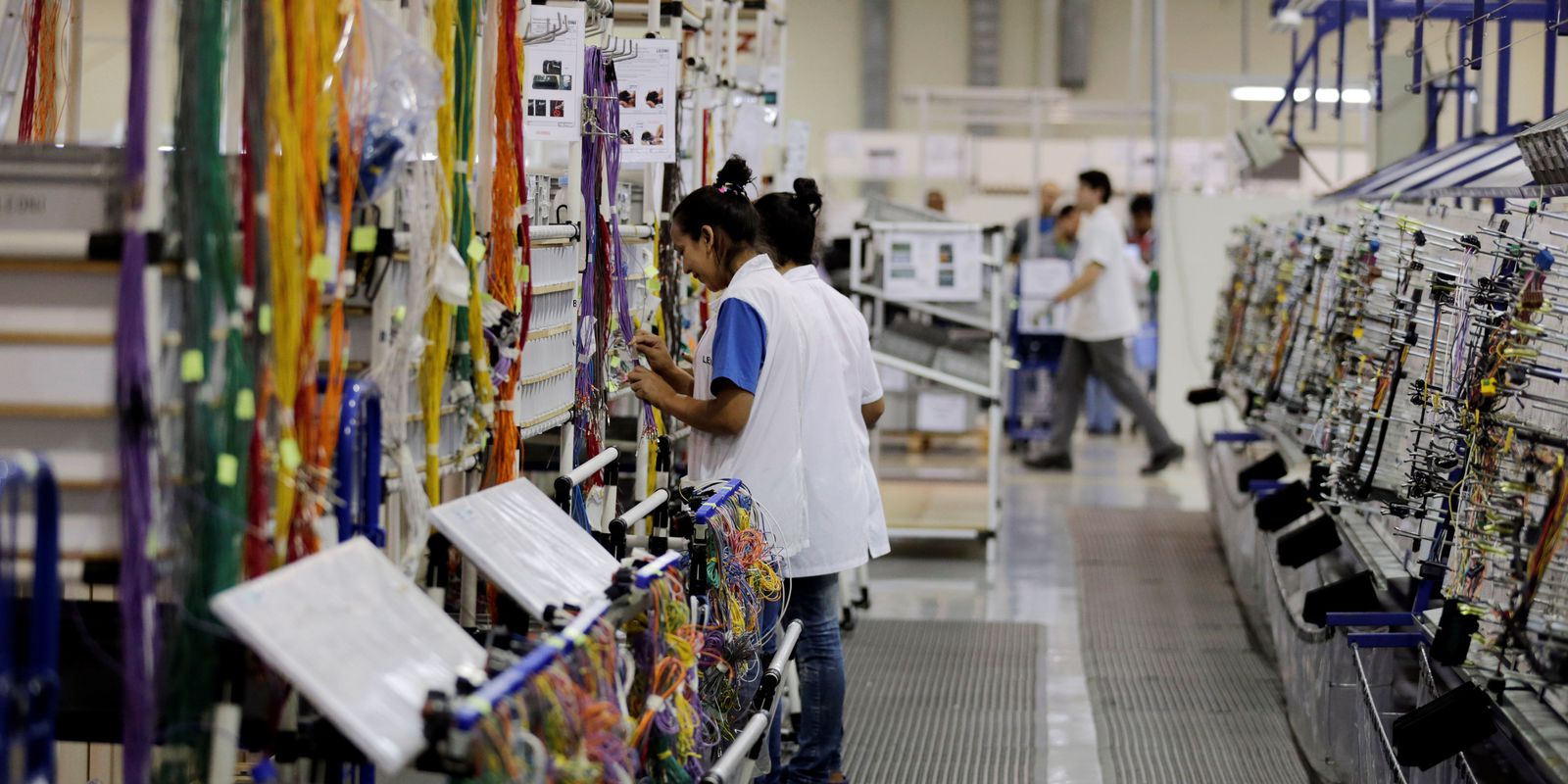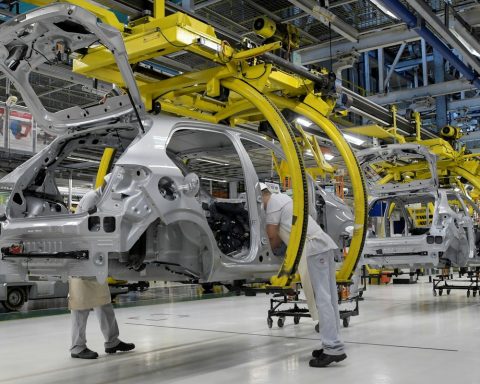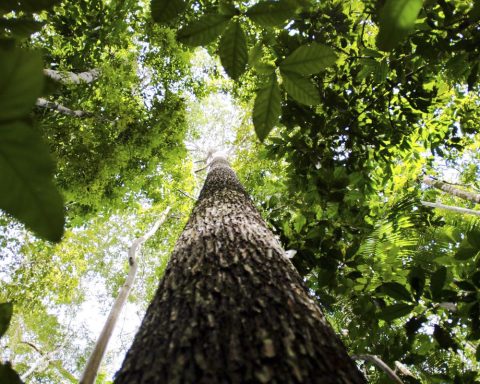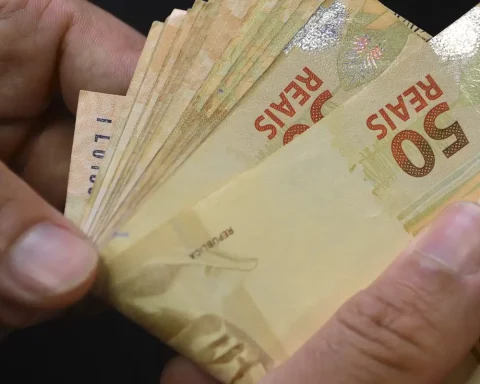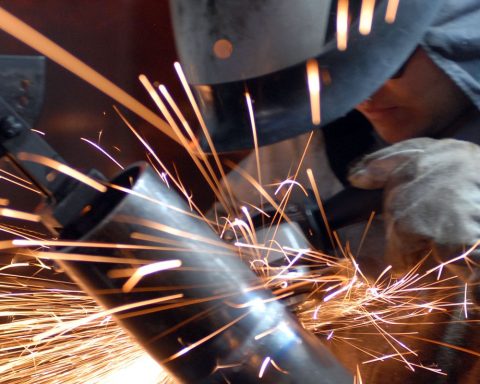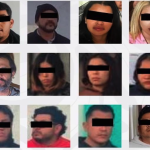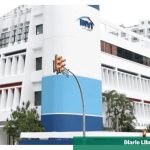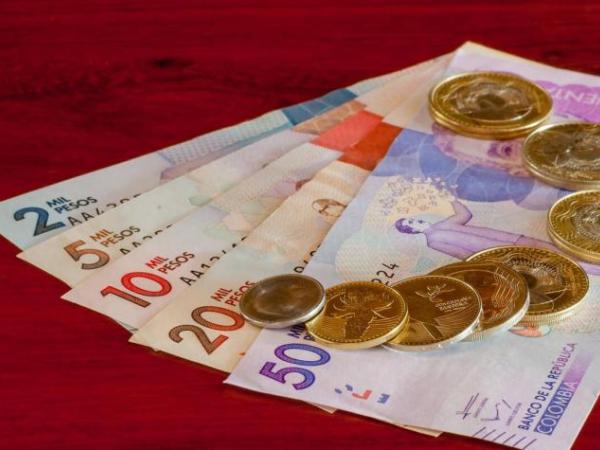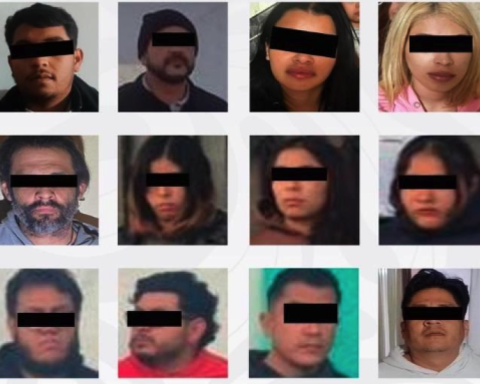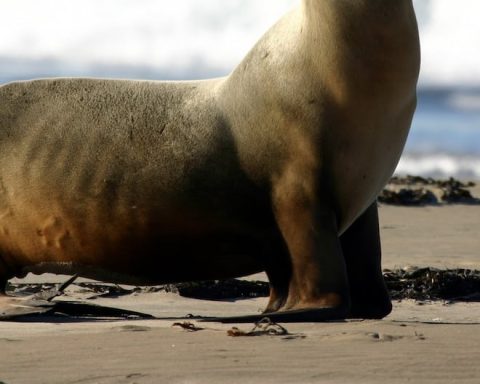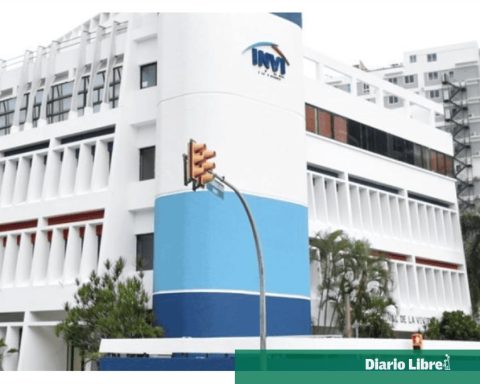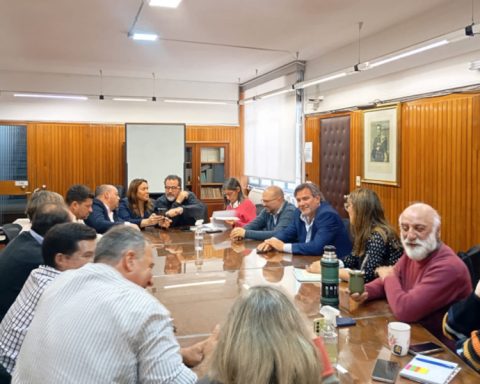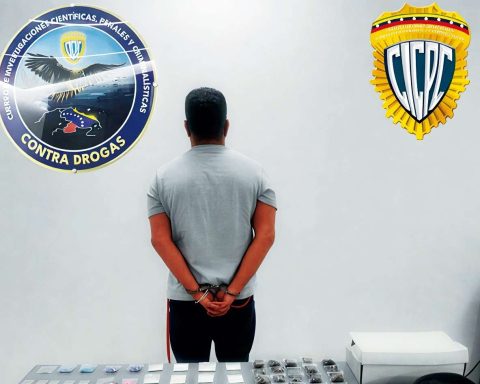Five products used as industrial inputs will enter Brazil paying less Import Tax for one year. The measure was approved today (3) at an extraordinary meeting of the Management Executive Committee (Gecex) of the Chamber of Foreign Trade (Camex). The measure covers glyphosate and four types of plastic resin used in production.
The items that had their rates reduced are the following: glyphosate and its monoisopropylamine salt; copolymers of ethylene and alpha-olefin, of density less than 0.94; unmixed polyvinyl chloride; propylene copolymer; and PET resin with a viscosity index of 78 ml/g or more.
The products were included in the List of Exceptions to the Mercosur Common External Tariff (LETEC). The rates, which ranged from 9.6% to 11.2%, will drop to 3.3% to 4.4% as of Friday (5). The new rates are as follows:
| NCM | Product | Current rate (%) | Rate at Letec (%) |
| 2931.49.14 | Glyphosate and monoisopropylamine salt | 9.6 | 3.8 |
| 3901.40.00 | Ethylene and alpha-olefin copolymers, with a density of less than 0.94 | 11.2 | 3.3 |
| 3904.10.10 | PVC-S resin (vinyl chloride), not mixed with other substances, obtained by suspension process | 11.2 | 4.4 |
| 3902.30.00 | PP resin (propylene copolymer) | 11.2 | 4.4 |
| 3907.61.00 | PET resin: (polyethylene terephthalate): with a viscosity index of 78 ml/g or more | 11.2 | 4.2 |
In a note, the Ministry of Economy reported that the measure aims to address supply problems in certain production chains, with different degrees of severity, and significant cost increases in inputs from other chains. According to the ministry, the tariff reduction also aims to improve efficiency in the distribution of resources in the economy, bringing potential gains in competitiveness for different industrial segments.
Letec is an instrument provided for in Mercosur, which allows member countries of the bloc to apply import tariffs different from those provided for in the Common External Tariff (TEC). The alterations are temporary and exceptional, always considering the conjunctural factors for their use. Brazil may apply different TEC rates for up to 100 commodity codes.
